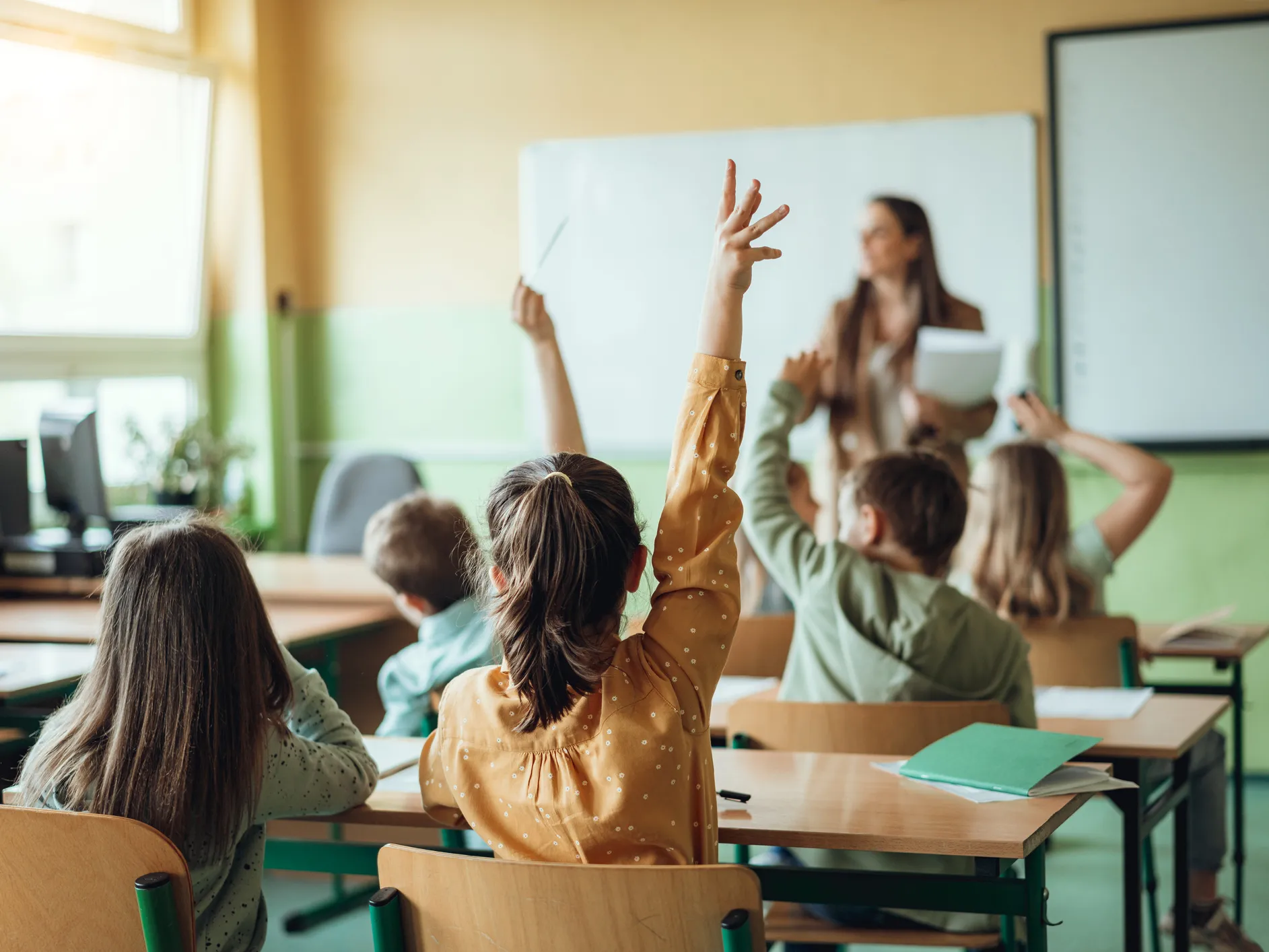Share Content
Article Link Copied
New insights on COVID-19’s impact on digitalization in schools

The research consortium S-CLEVER+ has published a tri-national report, focused on Germany, Switzerland, and Austria. It examined the ways in which schools and educational institutions handled the challenges of COVID-19, from the digital adaptations undertaken in the classroom to regional, system-wide policies. This research was supported by the Foundation in order to provide insights and evidence- based guidance to broader education systems and ways of learning on digital platforms.
The forced adaptation of new pandemic-related regulations
When the COVID-19 pandemic was declared in early 2020, schools and education systems globally faced major challenges. While the core values of schools as places of learning and the transmission of knowledge were severely affected, so too was the ability of schools to function as places of socializing, personal development, and integration.
Defining strategies for the further development of the education system post- pandemic
Schools and educational systems had to cope with a sudden re-organization of the classroom, shifting from in-person to online teaching. The second phase of the S- CLEVER project ran from March 2022 – March 2023 and centred on 3 key objectives:
- To analyze the varying challenges faced by schools and the standardized policies which were provided for school authorities and institutions.
- To identify perceived changes in the teaching and learning of students in 2021/2022, comparing results with the period preceding the pandemic.
- To identify developments and possible effects on the school year 2022/2023.
The report considers the strategies that schools implemented to confront these challenges and the impact of these strategies. The results showed that many schools had a clear plan in the summer of 2022 on how they could maintain and use the changes profitably for their school even beyond the pandemic. It found that in the German-speaking part of Switzerland, almost 70% of school principals had a clear plan to empower students to take more responsibility for their own learning process. It also discovered that the school principals in all language regions noticed an improvement in their professional behavior at their school.
Rethinking the practices of schools
Undoubtedly, COVID-19 sent shock waves throughout the world, majorly disrupting livelihoods, economies, and global development. However, some of the experiences brought about by the pandemic can serve as a driving force for positive educational change. Notably, the results of this study can serve to help develop and define strategies for continued educational system development. For instance, development both at the individual level and wider systematic levels.
Now that we are moving into a post-pandemic world, the report helps us understand the lasting changes triggered in schools, both for students and teachers, and the solutions implemented that could be applied to the future of learning and education.
Read more about the report and its findings: German, French and Italian